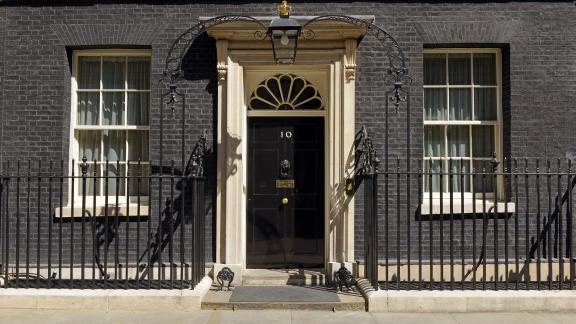Health and care leaders facing 'impossible choices' as Spending Review settlement will leave 'huge' funding shortfall

The two organisations representing the NHS frontline – NHS Confederation and NHS Providers – have recognised the extra funding for the NHS, at a time of constrained public spending, but warn that it falls far short of what is needed for patients given the seismic impact of COVID and rising demand on the NHS.
The government today announced the Spending Review settlement for the NHS and social care. NHS Providers and the NHS Confederation say although this is welcome extra funding, it leaves a shortfall for the next financial year, with a continuing funding gap into the future.
Given the uncertainty of COVID-19 and the lack of precise detail in the announcement, there are many unanswered questions, especially when it comes to helping mental health, community, ambulance and primary care services respond to rising demand. There is also missing clarity on capital spending which is not included in this settlement. This is expected shortly.
Last week both organisations published a report which estimated that in the next financial year from April 2022, the frontline NHS will need around an extra £10 billion of revenue funding.
As a result of today’s announcement, the two organisations warn that front-line health and care leaders now face 'impossible choices'. They are urging the government to manage public expectations about how long it will take to deal with the care backlog, given that this settlement will limit their ability to continue to tackle the shortfalls in treatment and care.
Speaking together, Matthew Taylor, chief executive of the NHS Confederation and Saffron Cordery, deputy chief executive of NHS Providers, said: “No one should be in any doubt that this extra funding is welcome. But the Government promised to give the NHS whatever it needed to deal with the pandemic, and, while it makes a start on tackling backlogs, this announcement unfortunately hasn’t gone nearly far enough. Health and care leaders are now faced with an impossible set of choices about where and how to prioritise care for patients.
“The health and social care secretary Savid Javid has already warned that the 5.5 million waiting list could spiral to 13 million, and this funding shortfall means the threat of long delays will remain.
“NHS leaders have unfortunately become accustomed to having less money than the service needs. But the size of the funding gap remains daunting and will significantly impact the kind of care that the NHS can provide to the public in the months and years ahead.
Ministers will need to manage public expectations about how long it will take to manage the backlog of care in light of this announcement.
“We recognise that at long last the government is addressing the social care crisis which was so harshly exposed during the pandemic. But until we see further details, it seems unlikely that the funding will be sufficient to deliver a sustainable social care system.
“The NHS and social care are interdependent – you cannot ‘fix’ one without the other. This is even more important as we move to a more integrated ‘system-based’ approach with health and social care working in close partnership.
“But the challenge is much more than finding a funding mechanism, crucial though that is – and increasing tax on NHS and social care employers through increased national insurance contributions may prove counter-productive.
“It is vital to ensure appropriate access for those who need support, with adequate state funding to improve access and quality of care. We also need to secure a stable provider market providing the right model of care, and a sustainable workforce, properly valued and respected for this vitally important work.”



